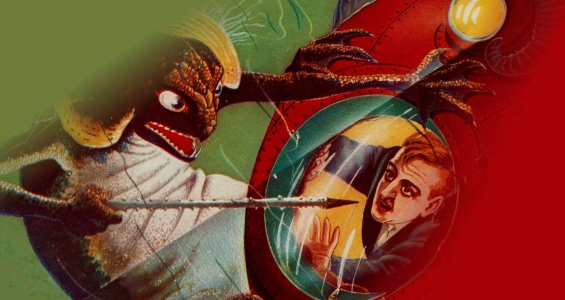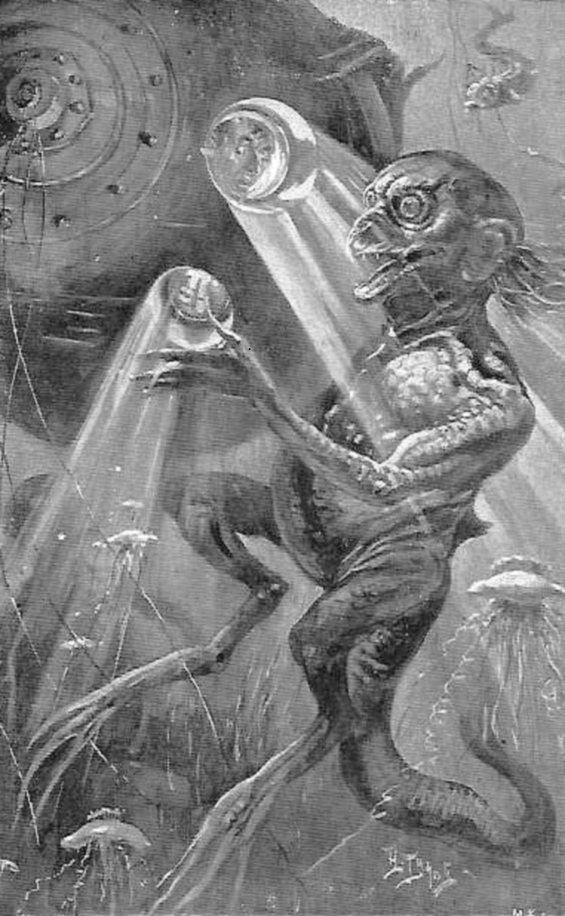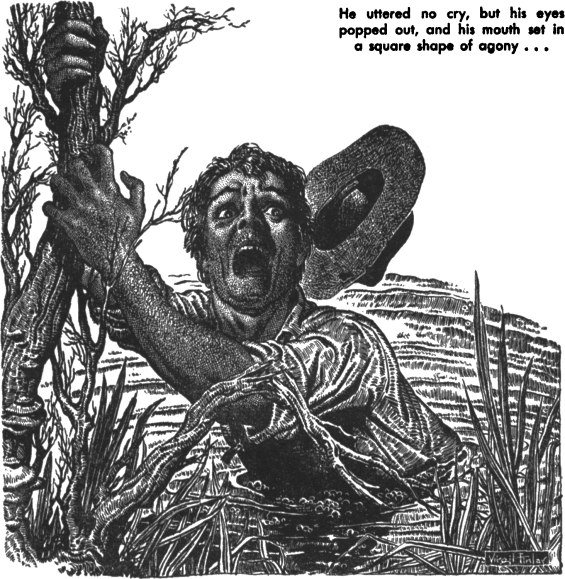
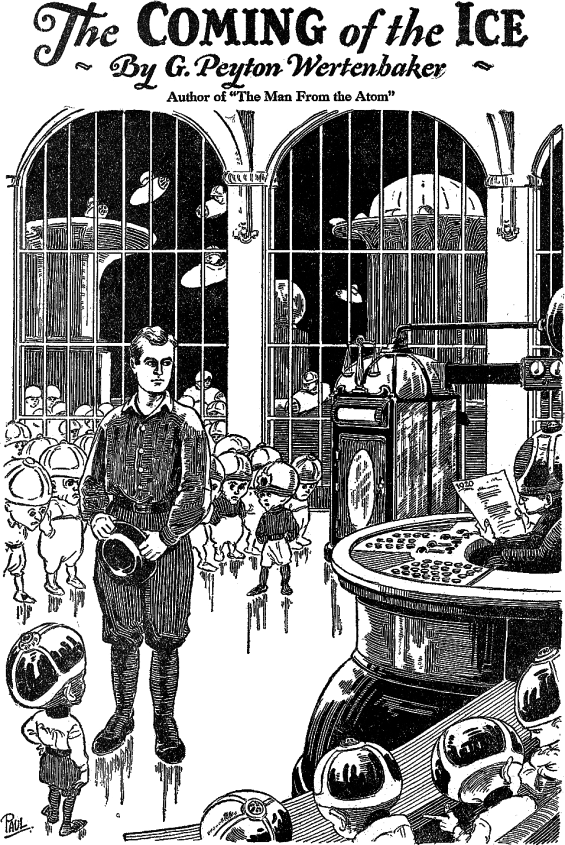
I posted about this story, as part of a larger LibriVox collection, back in 2009. Then, I described it thusly:
The Coming Of The Ice explains the strange and sad fate of a man who undergoes an operation to make him immortal (and sterile).
I had somehow forgotten about it. But, as I heard someone describe it recently I was reminded of it, tracked it down again, and enjoyed it wholly afresh today.
The Coming Of The Ice deserves to be far better known. Not only is it a really terrific story, but the narration, by Giles Baker, is absolutely outstanding too!
Sam Moskowitz, in his introduction to the 1961 reprint of The Coming Of The Ice wrote the following about it:
One of the gravest editorial problems faced by the editors of AMAZING STORIES when they launched its first issue, dated April, 1926, was the problem of finding or developing authors who could write the type of story they needed. As a stop-gap, the first two issues of AMAZING STORIES were devoted entirely to reprints. But reprints were to constitute a declining portion of the publication’s contents for the following four years. The first new story the magazine bought was Coming Of The Ice, by G. Peyton Wertenbaker, which appeared in its third issue. Wertenbaker was not technically a newcomer to science fiction, since he had sold his first story to Gernsback’s SCIENCE AND INVENTION, The Man From the Atom, in 1923 when he was only 16! Now, at the ripe old age of 19, he was appearing in the world’s first truely complete science fiction magazine. The scope of his imagination was truly impressive and, despite the author’s youth, Coming of
the Ice builds to a climax of considerable power.
Back in 1926 the editorial introduction, presumably by Hugo Gernsback himself, said this about The Coming Of The Ice:
This powerful and tragic story by the author of “The Man From The Atom” tells of a man who acquired terrestrial immortality – tells of a world many centuries hence – a time when everything is changed. This one man remains as a relic of the 20th century, He is alone with strangely developed human beings, the product of ages of evolution. Climactic changes are taking place. The world begins to grow cold. New York is almost in the Arctic region and Italy is covered with snow all the year around. In spite of their enormous intellectual development, all human beings must perish. Our hero alone can withstand the intense cold. He wanted eternal life – and he got it – eternal life, purely intellectual. What does he do with all his years? And how does he enjoy them?, Read this powerful story.
 The Coming Of The Ice
The Coming Of The Ice
By G. Peyton Wertenbaker; Read by Giles Baker
1 |MP3| – Approx. 40 Minutes [UNABRIDGED]
Publisher: LibriVox.org
Published: February 4, 2009
“Strange men, these creatures of the hundredth century, men with huge brains and tiny, shriveled bodies, atrophied limbs, and slow, ponderous movements on their little conveyances … it was then that I was forced to produced my tattered old paper, proving my identity and my story.” First published in Amazing Stories, June 1926.
|ETEXT|
Here are two PDF versions:
Amazing Stories, June 1926 |PDF|
Amazing Stories, July 1961 |PDF|
[Thanks also to David T. and Carlo!]
Posted by Jesse Willis


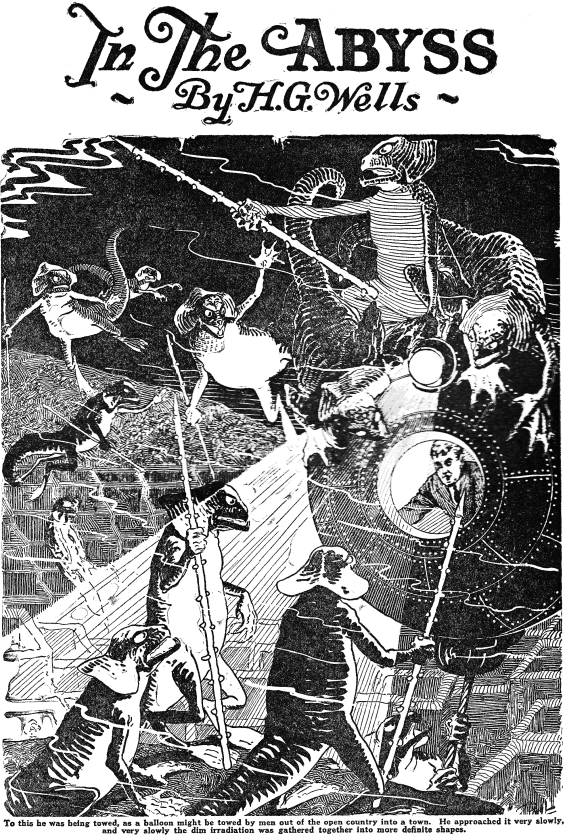
 In The Abyss
In The Abyss